Punjab Grad Reinvents ‘Citrus Tourism’ To Give Farm a Second Life!
A Mass Communication graduate from the Panjab University, Harkirat is one of the most enterprising farmers I have come across. A third-generation farmer, Harkirat entered the fray at a time when farmers across the North were going through tough times.

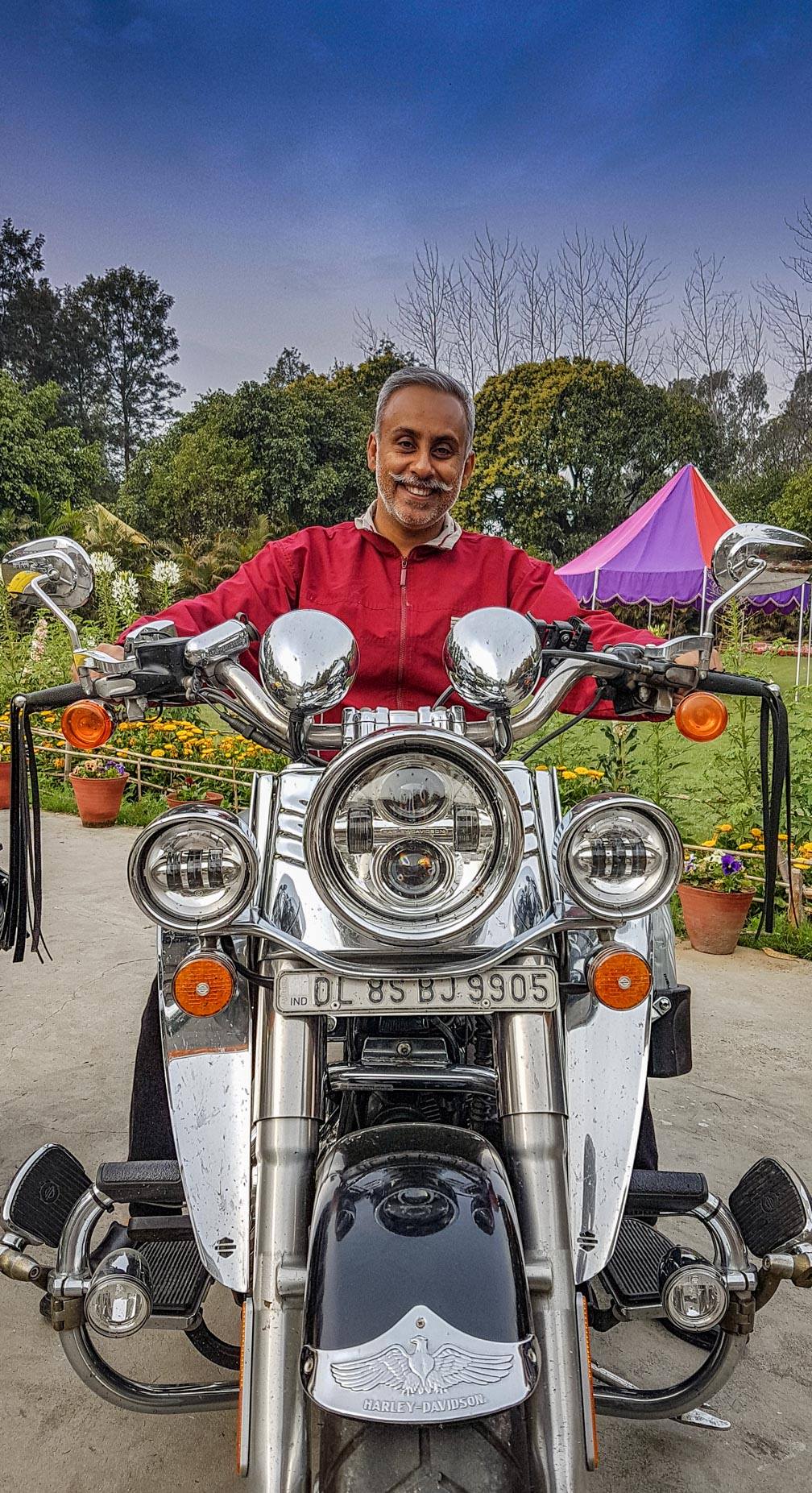 The modern-day farmer.
The modern-day farmer.Harkirat Singh Ahluwalia is a farmer based in Punjab’s Chaunni Village, on the outskirts of Hoshiarpur.
The general image that comes to mind when one thinks of a farmer is of a man toiling in the field. Harkirat breaks that stereotype–he is, what I would like to say, a modern-day farmer–one who makes farming look “cool”.
The plus side of this is the kind of interest in farming he generates among children, especially city-bred kids.
A Mass Communication graduate from the Panjab University, Harkirat is one of the most enterprising farmers I have come across. A third-generation farmer, Harkirat entered the fray at a time when farmers across the North were going through tough times.
In an exclusive conversation with The Better India, he spoke of diversification and the importance of constantly innovating to stay relevant and profitable.
Starting as a citrus fruit farmer–something his family has done for two generations–his entry to the profession was a baptism by fire, as he narrates it.
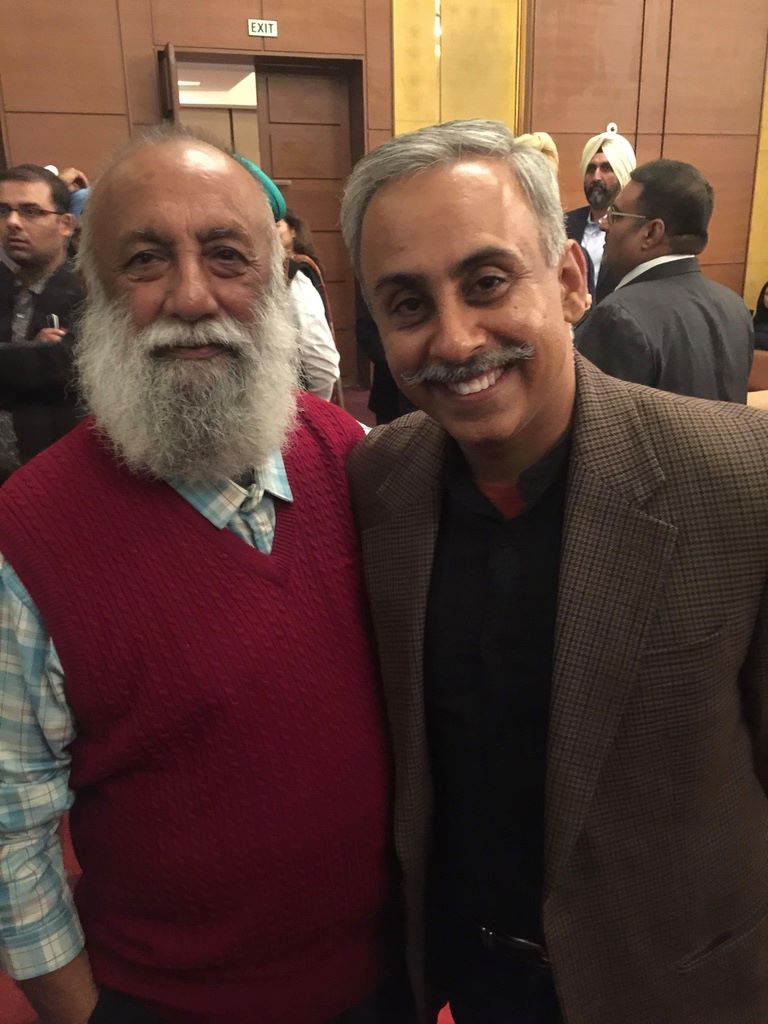
“With the change in weather conditions and soil type, the citrus fruits that we were growing underwent a huge turmoil. Citrus is extremely sensitive to these kinds of changes, and with all this, the production started dipping,” he says.
The issue was also a deep-rooted belief among many citrus growers in the community–that their practices were the best–because of which the desire to learn and innovate was missing, he points out.
“We had the land, but without innovating and taking risks, I knew that the model we were working on would not survive much longer.”
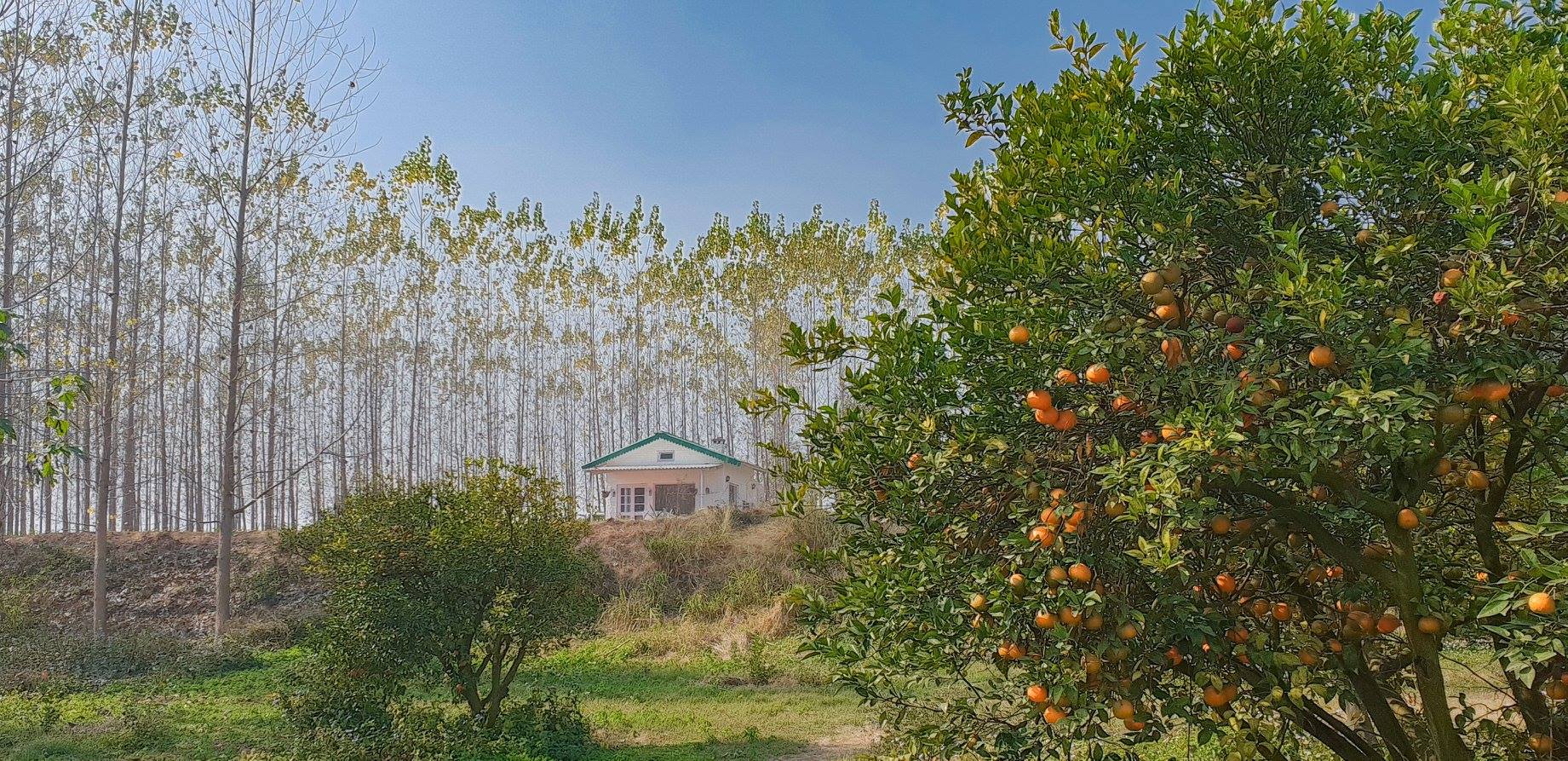
Maybe because of my fresh perspectives, I had no set ideas and had reimagined the way we did our business. We started planting a new variety of citrus, changed the root-stock, and brought in a number of changes to our methodology,” he says.
Planting a new crop also meant that for a good five years, there would be no revenue that those plants would yield, and it also meant that they had to find ways to generate revenue even to sustain themselves, he says.
Foray into agri-tourism
Citrus County is a home-stay that Harkirat runs with his family. It was the answer to their survival question.
Speaking about its inception, he says, “It was during my visit to Australia in 2004 that a family I was staying with, asked me why I was not considering starting a home-stay. They were of the opinion that it would do well.”
After a lot of thought and research in 2006, Harkirat plunged into starting a home-stay. It was modelled on providing an experience of living in a farmhouse, with all the necessary amenities, while giving an immersion into farming.
“It provided us with the much-needed cash flow and also kept us going and motivated.”
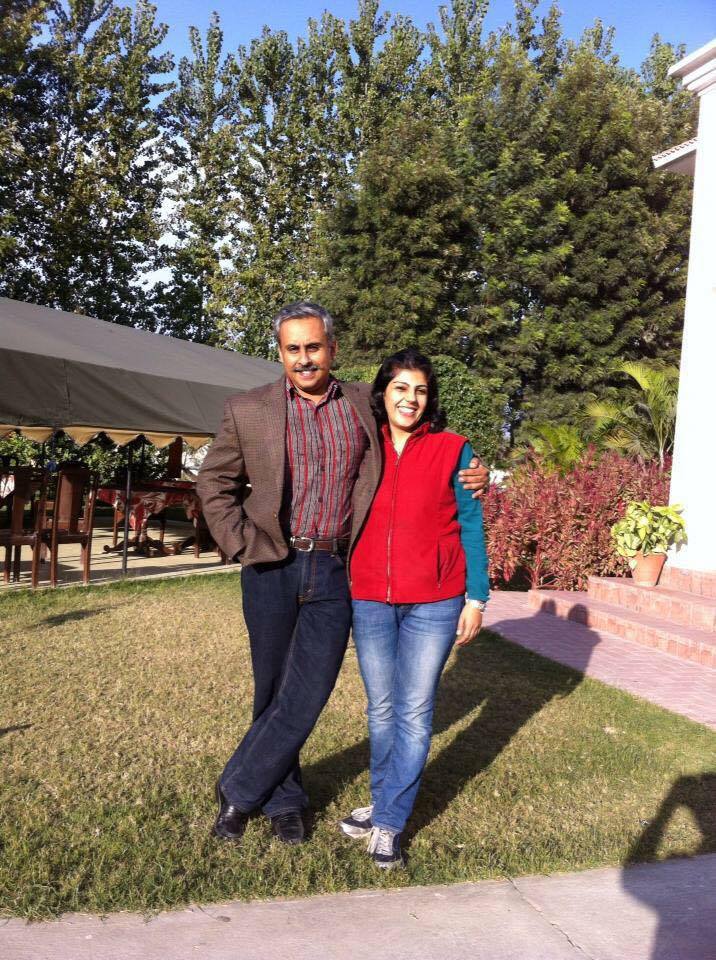
Speaking of the initial struggles, he says, “To get people to come and visit Hoshiarpur itself was a challenge in the beginning. I have had many people call and check on what one can do around the property; what we do here is provide a memorable experience.”
Dealing with naysayers
Harkirat has had to deal with his share of naysayers who, all along the way, kept telling him that his idea of agro-tourism would never take off.
Recollecting those days, he says, “The thought of attracting people to Punjab for this kind of experience was not something that anyone here understood. That, in turn, became my biggest strength.”
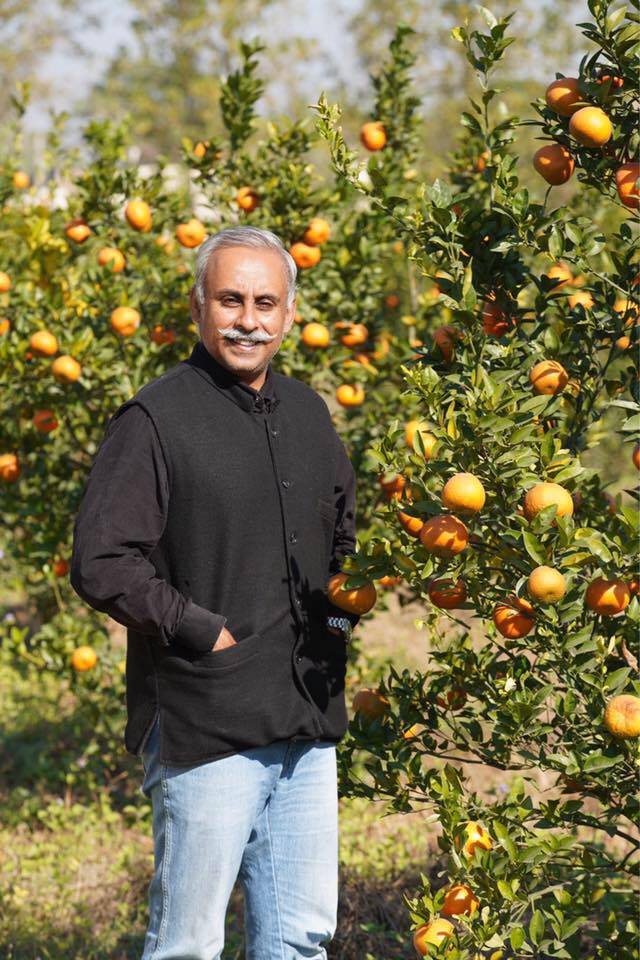
He continues, “I wanted to prove that I could provide that experience to people and Hoshiarpur was an off-the-track destination. It took me time, but today, I am glad that we have visitors from across the globe who come especially to see and learn the different farming techniques that we have adopted successfully.”
Hands-on farming experience
Guests at the Citrus County, besides enjoying their stay at the property, can choose to learn various farming techniques.
From sowing seeds, harvesting crops, ploughing fields, milking cows and even driving a tractor–the entire experience is designed to give one a sense of what it takes to be a farmer.
Harkirat says, “We have groups of parents and children who come over weekends and holidays. I take the children with me to the farm, and they experience farming first-hand. In fact, they spend the entire day at the farm and even have their lunch with the labourers. In the evening, once we have gotten back, we sit around and discuss the learnings from the day.”
Harkirat says that many times, the questions and insights that the children bring to the table amaze him.
What grows at the orchards?
There are a number of varieties of citrus fruits that are grown here–Kinnow, Tangerines, Jaffa, Grapefruits, Malta, Merkut, among others. It also has some poplar trees for plywood and mango.
At the home-stay, all the food that is cooked is self-grown, and the entire property is a self-sustaining one.
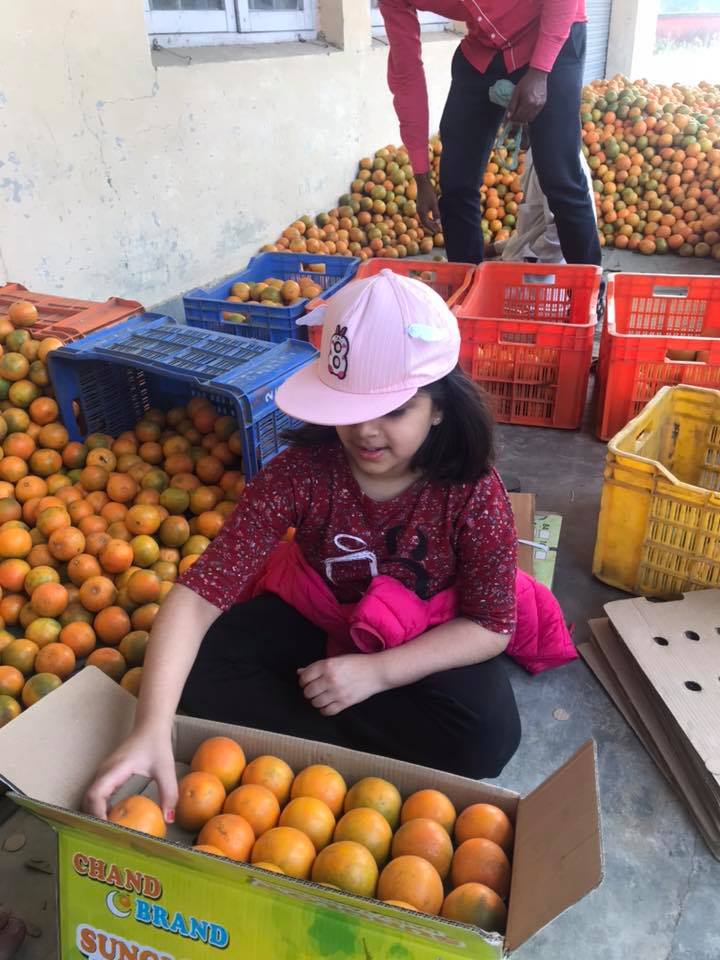
While all this has worked out well for Harkirat, he remembers the year 2008 and says that if he hadn’t looked at different ways to generate revenue, they would have been among the many in the state who had to sell off everything and start from scratch. “There would have been no income, and as a last resort, I would have had to sell my land. Something that no farmer ever wants to do,” he concludes.
While many educated farmers from his generation have moved to cities, Harkirat has chosen to stay in Hoshiarpur and work there with his land and his people.
“Farming is such a sensitive profession that one bad crop is all it takes to derail one’s entire life,” he says, with a knowing look on his face.
He has seen it all and has lived to tell the tale.
(Edited by Shruti Singhal)
You May Also Like: Why This Young TN Boy is Creating Memes on Facebook to Spread Awareness About Organic Farming
Like this story? Or have something to share?
Write to us: [email protected]
Connect with us on Facebook and Twitter.
If you found our stories insightful, informative, or even just enjoyable, we invite you to consider making a voluntary payment to support the work we do at The Better India. Your contribution helps us continue producing quality content that educates, inspires, and drives positive change.
Choose one of the payment options below for your contribution-
By paying for the stories you value, you directly contribute to sustaining our efforts focused on making a difference in the world. Together, let’s ensure that impactful stories continue to be told and shared, enriching lives and communities alike.
Thank you for your support. Here are some frequently asked questions you might find helpful to know why you are contributing?


This story made me
-
97
-
121
-
89
-
167











